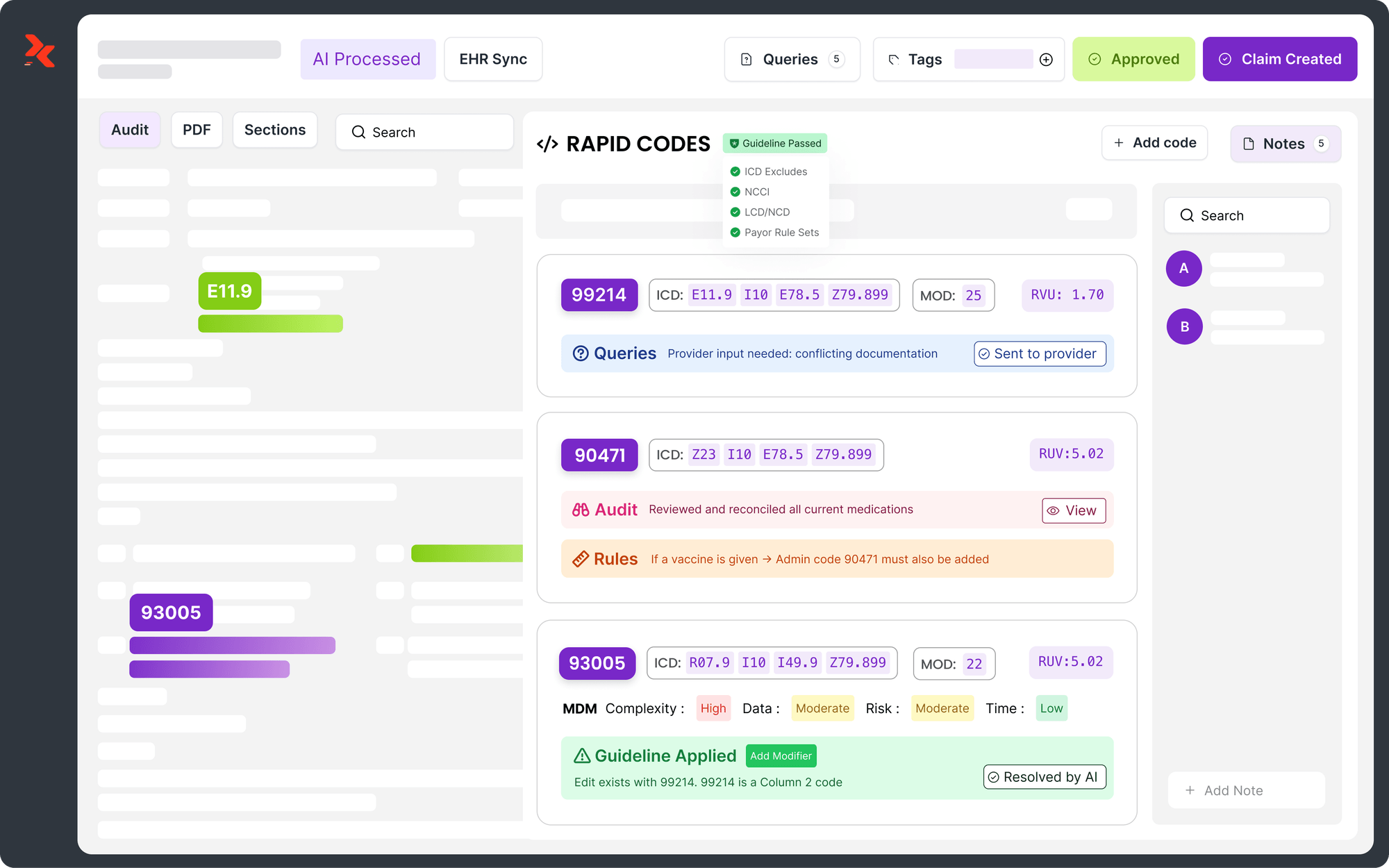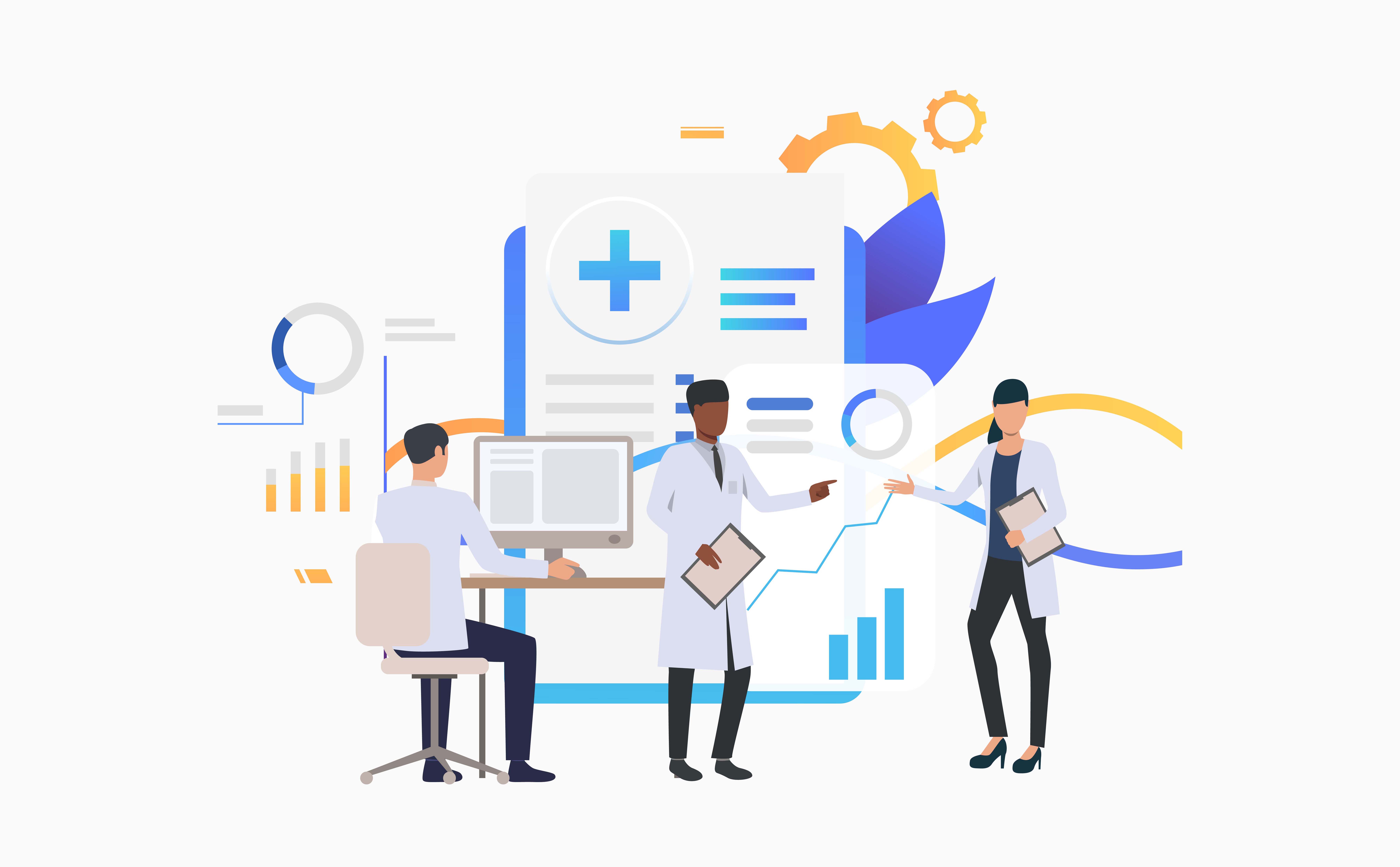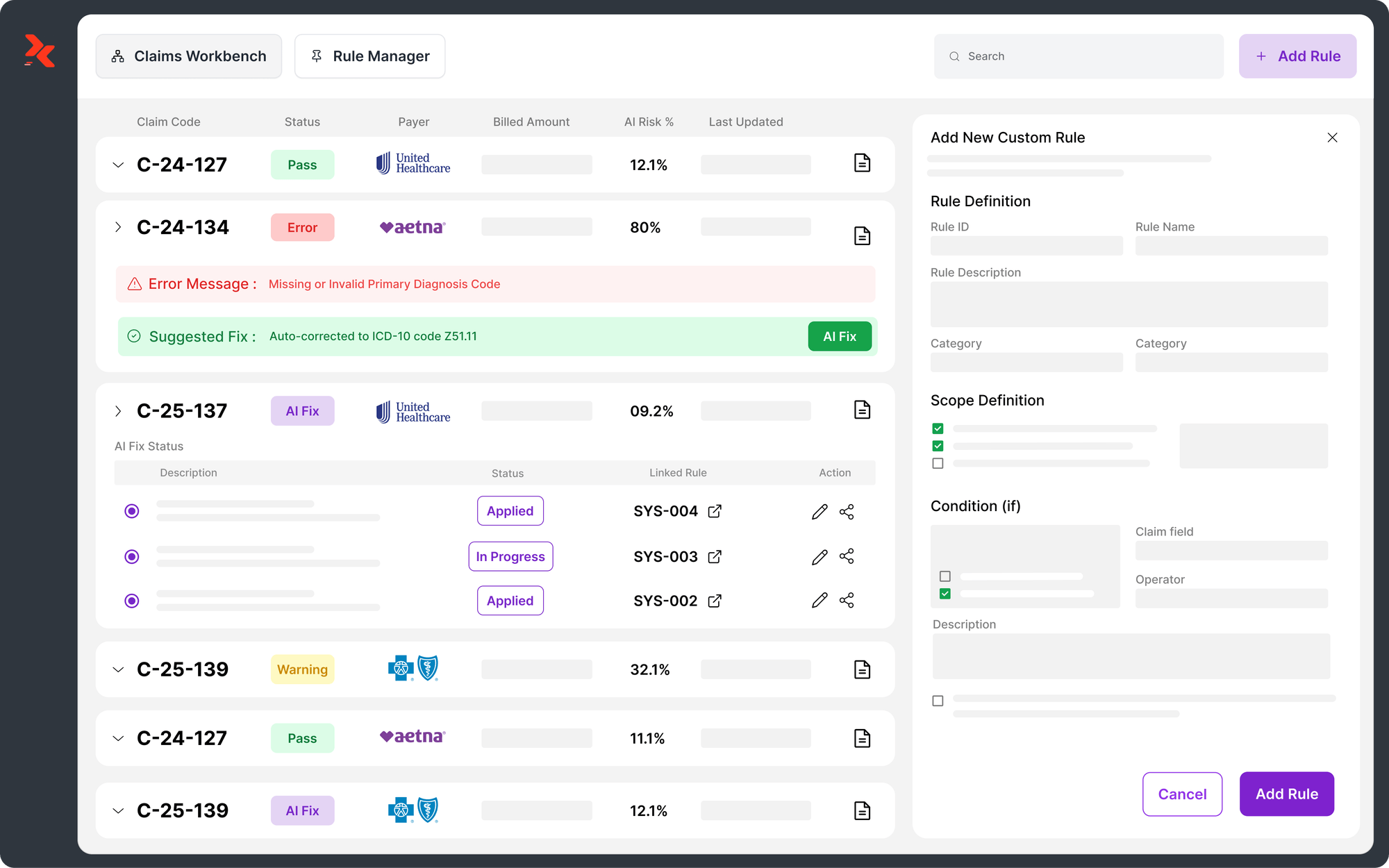Coding Artificial Intelligence: Transforming the Future of Medical Coding
Introduction
The healthcare industry is undergoing a significant transformation driven by technological advancements. Among these innovations, artificial intelligence (AI) is revolutionizing medical coding—a critical process in healthcare management that directly impacts revenue cycle efficiency, compliance, and patient care. As healthcare organizations strive to optimize their operations, AI in coding emerges as a powerful tool that not only automates routine tasks but also enhances accuracy and compliance. In this comprehensive guide, we explore the role of coding AI, its impact on healthcare, and the benefits it offers to providers.
What is Medical Coding AI?
Medical coding AI refers to the use of artificial intelligence and machine learning algorithms to automate the coding process in healthcare. This process involves analyzing patient data from electronic health records (EHRs) to assign accurate codes for diagnoses, procedures, and services. These codes are crucial for billing, reimbursement, and maintaining compliance with regulatory standards. Unlike traditional coding methods, which rely heavily on manual input, AI-driven coding systems can process vast amounts of data quickly and with a high degree of accuracy. The integration of AI into medical coding systems enables healthcare organizations to overcome challenges such as coding backlogs, human error, and the complexities of maintaining up-to-date coding practices. AI algorithms are trained on extensive datasets, allowing them to learn from historical coding data and adapt to new guidelines and standards as they evolve.
The Role of AI in Enhancing Coding Accuracy
Accuracy in medical coding is paramount, as even minor errors can lead to claim denials, delays in reimbursement, and potential compliance issues. AI in coding significantly reduces these risks by ensuring consistent and precise code assignment. By analyzing comprehensive patient data, AI algorithms can identify relevant details that may be overlooked by human coders, such as secondary diagnoses or co-morbidities. Moreover, AI systems can apply complex coding rules consistently, minimizing the subjectivity that can occur in manual coding. This leads to more uniform coding practices across an organization, reducing the likelihood of discrepancies and enhancing overall coding quality.
Streamlining the Coding Process with AI
One of the most significant advantages of AI in medical coding is its ability to streamline the coding process. Traditional coding methods are labor-intensive and time-consuming, often requiring coders to sift through extensive patient records to extract relevant information. AI, however, can automate much of this process, allowing coders to focus on more complex cases that require human expertise. For instance, AI-driven coding systems can automatically extract and analyze data from EHRs, generating accurate codes in real time. This not only speeds up the coding process but also reduces the administrative burden on healthcare staff, allowing them to allocate their time and resources more effectively.
Compliance and Regulatory Adherence with AI
Compliance with healthcare regulations is a critical aspect of medical coding. Coding errors or omissions can lead to audits, fines, and even legal action. AI in coding helps mitigate these risks by incorporating compliance checks into the coding process. AI algorithms are designed to adhere to coding guidelines such as ICD-10, CPT, and HCPCS, ensuring that codes are assigned accurately and in accordance with industry standards. Furthermore, AI systems can be updated regularly to reflect changes in coding guidelines and regulations, ensuring that healthcare organizations remain compliant over time. This is particularly important in an industry where regulatory requirements are constantly evolving.
Optimizing Revenue Cycle Management with AI
Revenue cycle management (RCM) is a critical function in healthcare, encompassing all administrative and clinical functions that contribute to the capture, management, and collection of patient service revenue. Accurate coding is a cornerstone of effective RCM, as it directly impacts the reimbursement process. AI in coding optimizes RCM by improving the accuracy and efficiency of the coding process, leading to faster and more accurate claim submissions. This, in turn, reduces the likelihood of claim denials and shortens the revenue cycle, allowing healthcare organizations to maintain a healthy cash flow. Moreover, AI-driven coding systems can identify potential areas of revenue leakage by ensuring that all billable services are accurately coded. This proactive approach helps organizations capture the full value of the services they provide, maximizing revenue and improving financial performance.
Scalability and Efficiency in Large-Scale Operations
As healthcare organizations grow, the volume of patient data they must manage increases exponentially. Manual coding systems often struggle to keep up with this demand, leading to backlogs and inefficiencies. AI in coding offers a scalable solution that can handle large volumes of data without sacrificing accuracy or speed. AI-driven coding systems can be seamlessly integrated into existing EHRs, allowing healthcare organizations to scale their coding operations as needed. This scalability ensures that organizations can maintain efficient coding practices even as their patient base and data volume expand.
The Future of Autonomous Medical Coding
Autonomous medical coding, powered by AI, represents the future of healthcare management. As AI technology continues to evolve, we can expect to see even greater advancements in the accuracy, efficiency, and compliance capabilities of coding systems. Autonomous coding systems have the potential to revolutionize the healthcare industry by reducing the need for manual coding, lowering operational costs, and enhancing the overall quality of patient care. However, the transition to autonomous coding is not without its challenges. Healthcare organizations must invest in the necessary infrastructure and training to effectively implement and manage AI-driven coding systems. Additionally, the integration of AI into coding practices must be carefully managed to ensure that it complements, rather than replaces, the expertise of human coders.
Conclusion
The integration of artificial intelligence into medical coding is transforming the way healthcare organizations manage their revenue cycles, ensure compliance, and deliver patient care. By automating the coding process, AI-driven systems enhance accuracy, streamline operations, and optimize financial performance. As healthcare continues to evolve, the adoption of AI in coding will be essential for organizations looking to stay competitive and provide the highest quality of care to their patients. At RapidClaims, we are committed to leading the charge in this new era of medical coding. Our AI-powered solutions are designed to help healthcare organizations navigate the complexities of coding, compliance, and revenue management with ease. By leveraging the power of AI, we enable our clients to achieve greater efficiency, accuracy, and financial success in an increasingly competitive healthcare landscape.
Rejones Patta
Rejones Patta is a knowledgeable medical coder with 4 years of experience in E/M Outpatient and ED Facility coding, committed to accurate charge capture, compliance adherence, and improved reimbursement efficiency at RapidClaims.
Latest Post
Top Products

%201.png)








